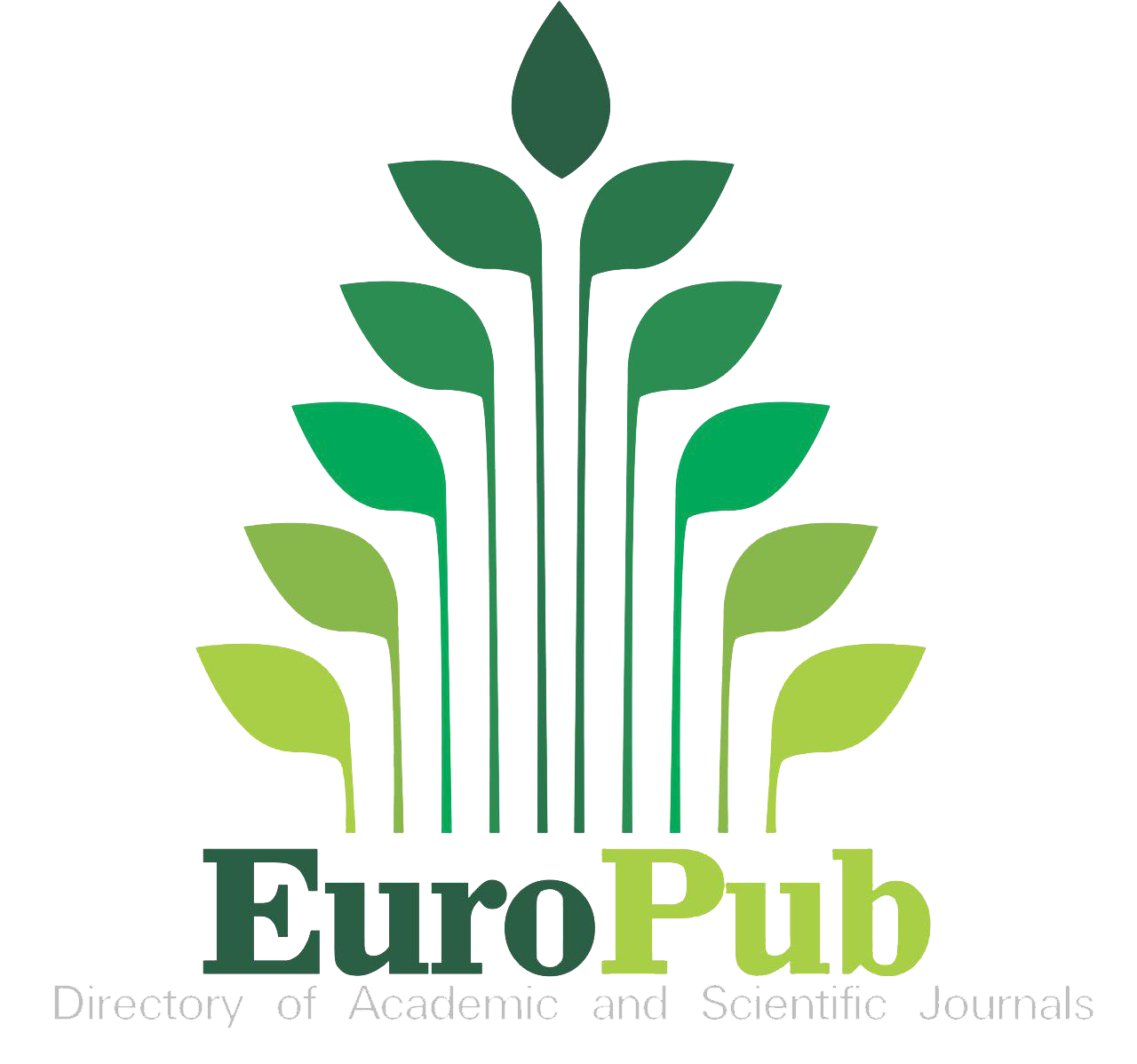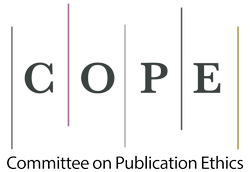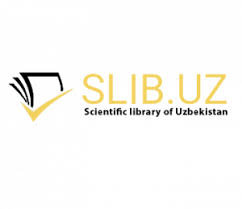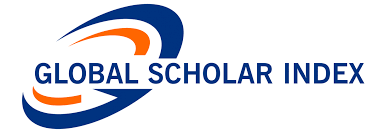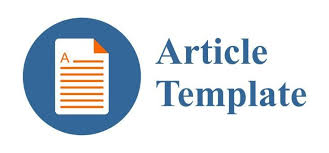VERBALIZATION OF MYTHOLOGEMES IN THE UZBEK LITERARY TEXT
Keywords:
Mythologemes, verbalization, Uzbek literature, folklore, cultural identity, collective consciousness, heroism, oral tradition, structuralism, cultural linguistics, nomadic heritage, Islamic influence, national identity, globalizationAbstract
The article discusses the concept of mythologemes in Uzbek literary texts and more specifically dwells on the articulation of these basic structural units of myth. The study, based on research into their function in Uzbek folklore and classical and contemporary narratives, looks at how mythologemes can serve to underpin the development of cultural identity, world vision, and collective consciousness in Uzbekistan. Within the frameworks of structuralist theory and cultural linguistics, we will be able to analyze in this paper the verbal forms and narrative functions of mythologemes, holding cultural values and historical traditions in Uzbek literature
References
1. Claude Lévi-Strauss – Myth and Meaning – University of Toronto Press, 1978 – 55 страниц.
2. Gary B. Palmer – Toward a Theory of Cultural Linguistics – University of Texas Press, 1996 – 320 страниц.
3. Farzad Sharifian – Cultural Linguistics: Cultural Conceptualisations and Language – John Benjamins Publishing, 2017 – 248 страниц.
4. Alisher Navoi – Khamsa – Библиотека классической литературы, 1492 (репринтное издание) – 800 страниц.
5. Epic of Alpamysh – Oral Tradition Collection, Университетская пресса, 1998 – 200 страниц.
6. Tales of Nasreddin Hodja – Турецкое издательство легенд и преданий, 1957 – 150 страниц.
7. A.K. Muminov – History of Uzbekistan – Uzbekistan Publishing House, 2013 – 500 страниц.
8. Paolo Sartori (ред.) – Shari’a, Islam and the 19th-Century State – Brill, 2020 – 362 страницы.
9. Rakhmon Yusupov – Uzbekistan's Folklore and Traditions – Uzbekistan Folklore Publishing, 2010 – 220 страниц.
10. Chris Baldick – The Oxford Dictionary of Literary Terms – Oxford University Press, 2015 – 448 страниц.
















